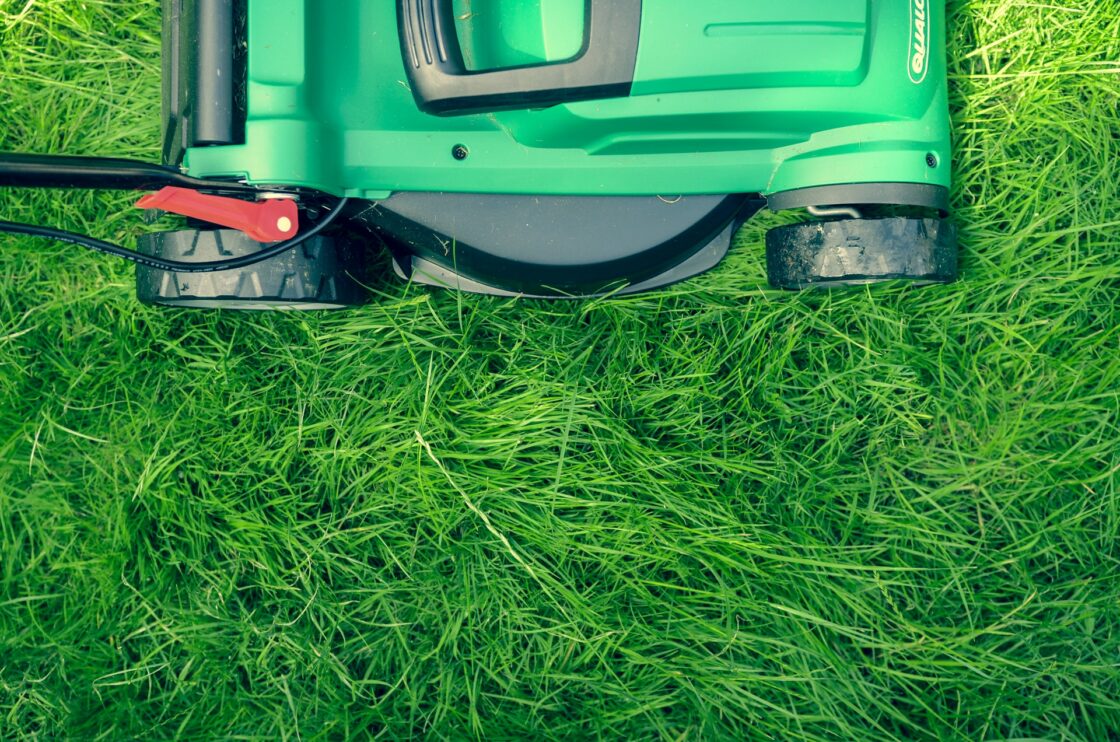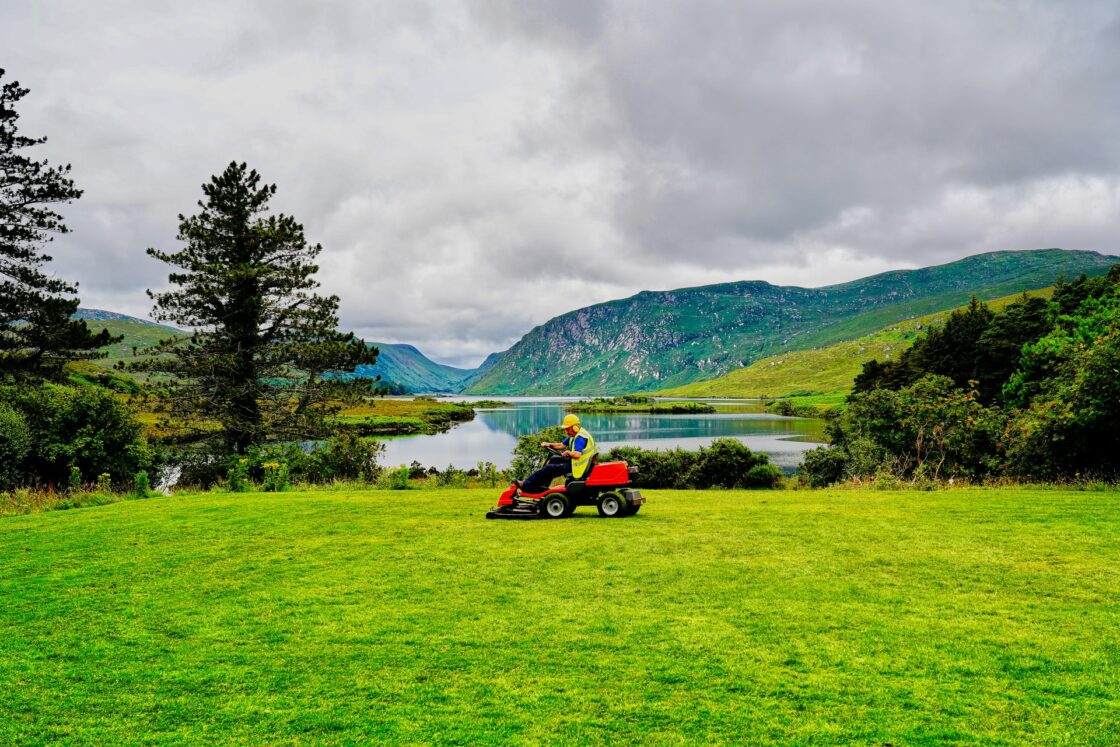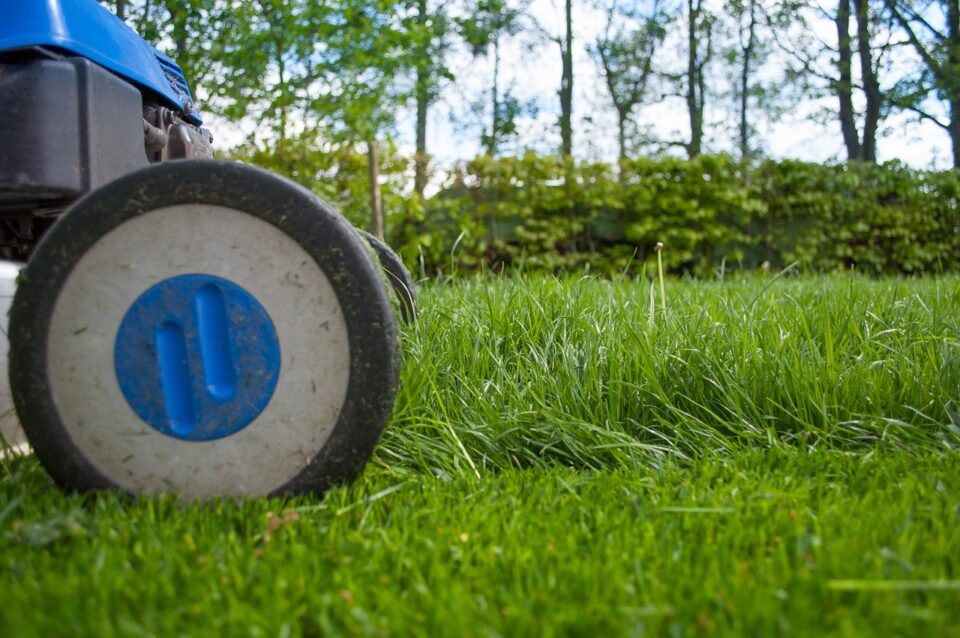When you think about it, the lawn has taken on a seemingly immovable place in many parts of the west and beyond. A lot of time goes into tending a lawn, mowing it, watering it and ensuring it looks as lush and as green as it can.
We even have a saying – “the grass is always greener on the other side” – which makes a high-quality lawn into some marker of status and achievement. It’s worth pausing for a moment to consider the part that lawns play in our priorities – because, as more and more people are coming to argue, lawns may not be the blessing so many of us deem them to be – and in fact, having a lawn may not be to your advantage or anyone else’s?
Confused?
Read on to see why lawns aren’t all good.
Lawns are unproductive
A well-maintained lawn is fresh, green and neat, which is good, because … well, because it’s green. And neat. But that’s their entire purpose – they look good, if a little boring. A grass lawn does nothing for anyone beyond the aesthetic. It just sits there, and then maybe some litter blows into it and you have to pick it up, or you need to warn a neighborhood dog away from it.

If, instead of a lawn, you had a lively wilded patch of tougher tall grass and wildflowers, you’d be attracting bees and helping plant life in your garden and the general area. And they don’t take half as much needless busy work as a lawn.
Lawns are wasteful
Mowing the lawn has become a kind of shorthand for domesticity in TV and movies. A character can be considered to have done well for themselves if you see them out in the yard on a weekend morning mowing the lawn. And yet… Nothing else in a garden requires this kind of repetitive use of energy (both in fuel terms and in human terms) just to stay the same.
You’re putting time and resources in for no return – but it’s worse than that. Thanks to overwatering and long summers – expanding and contracting the soil in turn – you may even be harming your house. You may find yourself in need of a trusted foundation repair service company to deal with subsidence caused by soil erosion. Does your lawn matter that much?
Lawns are bad for the environment
As already mentioned, if you’re maintaining you’re putting a lot of needless energy and more water than is necessary into keeping your grass green. The bad news is, that’s just the start of it. Unless you’re using a rotary push mower, the environmental impact of mowing the lawn is disturbing.

As much as 5% of the air pollution in America can be traced to lawnmowers; now add that to the pesticides that are a key part of keeping everything green. Those pesticides don’t just sit there – they run off and pollute the ground water and everything else around; they become hazardous to children, birds, and animals.
Being proud of your lawn is something you’re encouraged to do almost at every turn – but the reality is that there’s so much more you could be doing with the land around your home. Things that could be of benefit to you and the neighborhood, and which won’t take the unnecessary toll that a green lawn takes.
